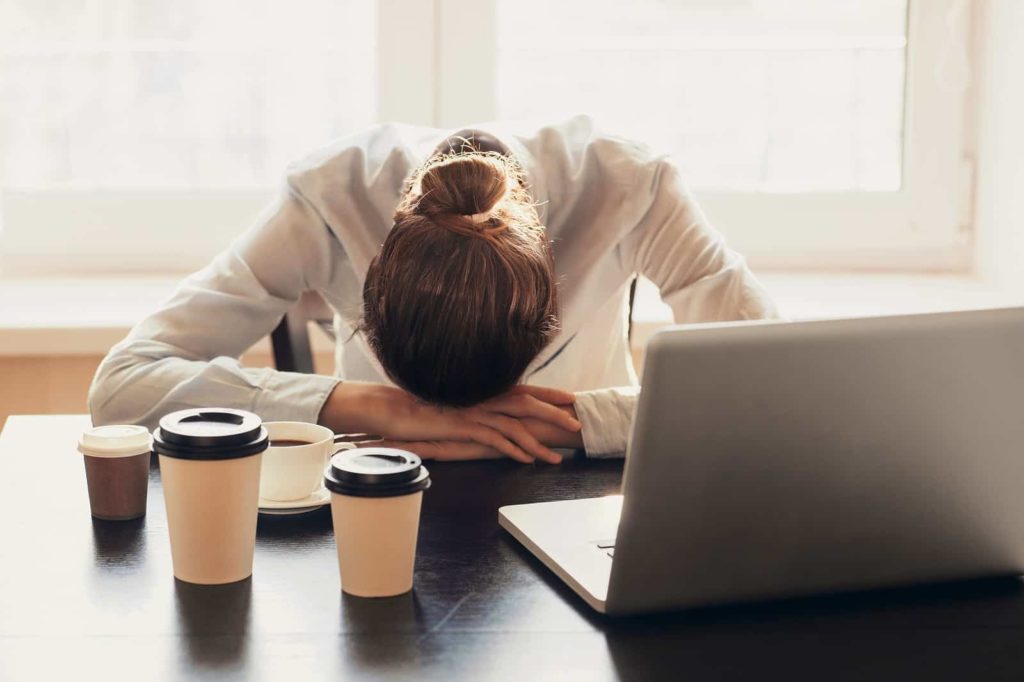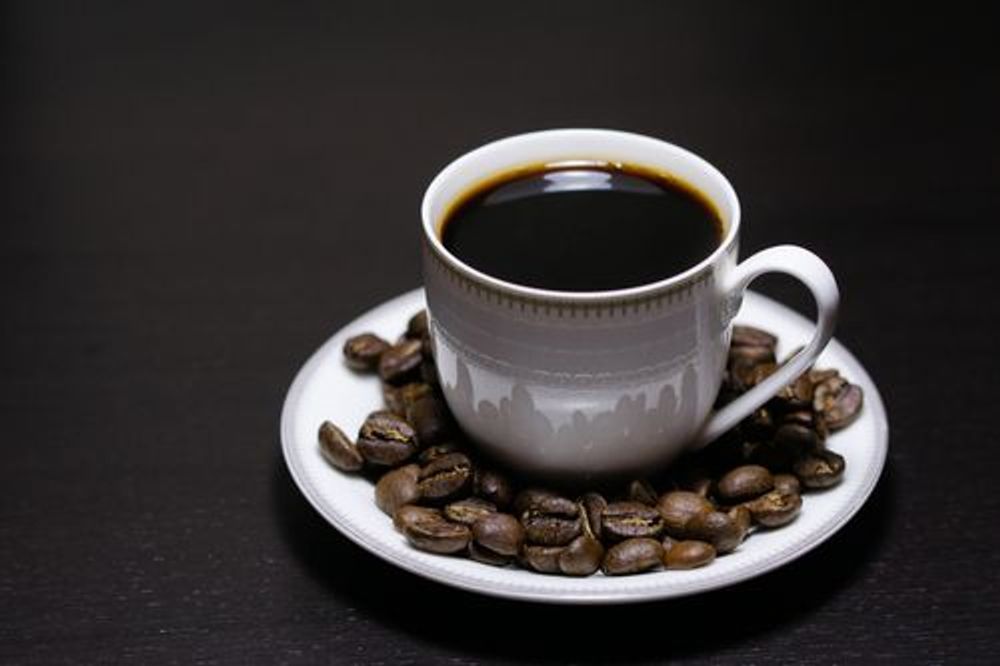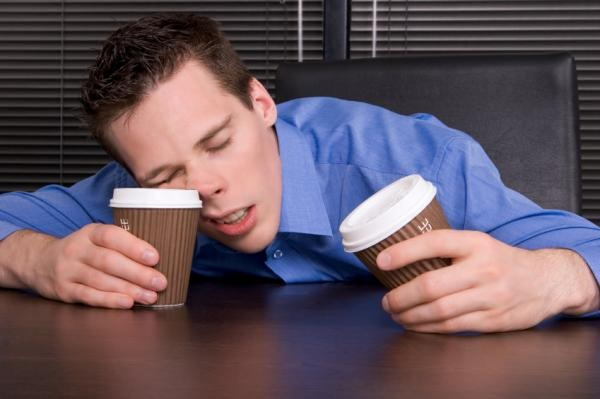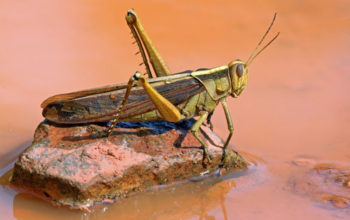Here’s how drinking that “cup of joe” affects your body and why you feel that coffee-related sleepiness.

The following written content by Leandra Beabout
Drinking coffee may make some people feel tired or sleepy, but coffee itself isn’t the culprit. Here’s how the drink affects your body and what may be behind your coffee-related tiredness.
The relationship between coffee and energy
If you’re a coffee drinker, there’s a good chance that you lean on your morning cup to wake up. You may grab an iced Americano or a creamy blended Frappuccino to power through the afternoon at work.
In the evening, you might even reach for a decaf coffee with dessert after dinner.

Sound familiar? You’re not alone. About 58 percent of Americans drink coffee for morning energy, according to a recent report by Statista, a market research company. The average drinker also downs three cups per day, according to the National Coffee Association’s 2020 National Coffee Data Trends Report.
Clearly the caffeine in a cup of joe is used to combat tiredness and deliver a boost of energy. So why do some people claim that coffee makes them sleepy? Here’s everything you need to know about why coffee might make you feel tired and how to maximize its energizing effects.
Caffeine may interfere with your sleep-wake cycle
The caffeine in your coffee is a natural stimulant. It works by interfering with adenosine, a naturally occurring chemical that builds up through the day until it triggers sleepiness at night. As you sleep, levels drop again, only to start the cycle all over the next day.
“Caffeine molecules block [adenosine’s] receptor sites, providing the temporary perception we are not as tired or sleep-deprived as we may be,” says Dr. Greene. “At a certain point, the adenosine volume will supersede caffeine’s effects, and we will most certainly have to sleep.”
In other words, drinking too much caffeine could simply mean you’ll crash harder later.
This can lead to a vicious “coffee cycle,” in which you guzzle coffee to stay awake, stay up later thanks to the caffeine, and wake exhausted when your alarm goes off bright and early the next morning. And repeat.
In a 2018 study published in Risk Management and Healthcare Policy, the researchers discuss this cycle, stating, “Researchers have commonly found that feeling tired in the morning leads to high caffeine use, which in turn is associated with impaired subsequent sleep patterns.”
You may have built up a tolerance
If your morning coffee isn’t giving you the jolt you’re used to, you may have built up a tolerance to caffeine. Read more from The Healthy.





